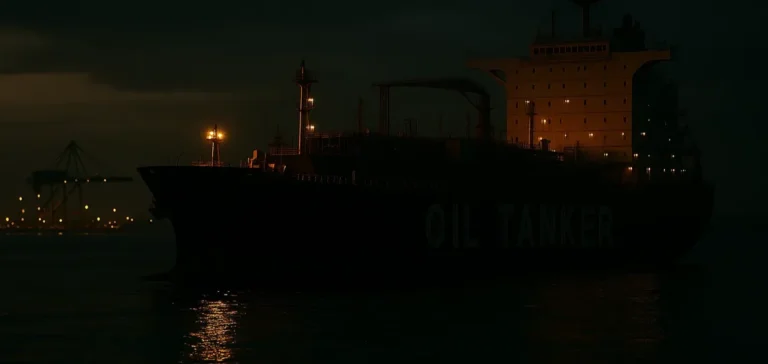Indian refiners are adopting a cautious approach regarding their import agreements with Russia, simultaneously intensifying efforts to further diversify their crude oil supply basket. This strategy comes as they await clearer signals regarding secondary sanctions threatened by US President Donald Trump, who has set an August 8 ultimatum for the Kremlin to agree to end the war in Ukraine.
New Delhi has given its refiners free rein to plan oil purchases with commercial viability in mind. Refiners now favor a delicate balance by increasing purchases from the United States and other non-OPEC suppliers. India has become the largest importer of Russian crude oil, with flows reaching 1.80 million barrels per day in 2024, surpassing China which imported 1.24 million barrels per day and Turkey with 0.3 million barrels per day.
Complex payment mechanisms reveal geopolitical tensions
Payment challenges constitute a crucial aspect not publicly discussed. India makes about 10% of its payments for Russian oil in Chinese yuan, with the remainder settled in Indian rupees and UAE dirhams. This complex configuration results from Russia’s exclusion from the SWIFT system, forcing both countries to explore alternatives such as the SPFS financial messaging system developed by the Russian central bank.
The issue of rupee accumulation in Indian banks poses a particular challenge. Billions of rupees remain blocked, with Moscow seeking ways to repatriate these funds, potentially by converting them to dirhams or yuan. This situation illustrates the limitations of a bilateral payment system when the trade deficit is imbalanced, with India importing massively more than it exports to Russia.
Flexible yet pressured refining infrastructure
Indian refining capacity, reaching 256.8 million metric tons per annum (MMTPA), offers remarkable technical flexibility. Indian refineries, notably Reliance Industries’ Jamnagar facility, have demonstrated their ability to process over 216 different grades of crude oil, theoretically allowing them to quickly adapt to new supply sources. This technical flexibility nevertheless remains limited by substantial economic considerations.
European Union sanctions on Nayara Energy and the possibility of additional sanctions from Washington have prompted Indian refiners to adopt a wait-and-see approach. Oil logistics disruptions persist at Nayara Energy’s terminal in Vadinar, with mainstream tanker operators becoming increasingly cautious about Russia-linked trades. Maritime traffic data shows relatively reduced vessel traffic at the terminal following the EU announcement.
Insufficient strategic reserves facing geopolitical risks
India’s Strategic Petroleum Reserves (SPR) reveal significant vulnerability. With a current capacity of only 5.33 million metric tons, these reserves cover just 9.5 days of national consumption, far from the 90 days recommended by the International Energy Agency. The 2025-26 budget has allocated 5,597 crore rupees for Phase II of the ISPRL project, aiming to add 6.5 MMT of additional capacity at Chandikhol and Padur.
This expansion remains insufficient given the challenge’s magnitude. Even with commercial stocks from oil companies adding 64.5 days of coverage, India would reach only 85 days of total reserves after Phase II completion. This situation considerably limits the country’s maneuvering room in the face of potential supply disruptions.
Potentially prohibitive substitution costs
The financial impact of abandoning Russian oil would be considerable. Analysts estimate that India’s annual oil import bill could increase by $9-11 billion if the country were forced to turn away from Russian crude. This increase would represent approximately 8% of the $137 billion total oil bill recorded last year.
Middle Eastern alternatives, notably Iraq and Saudi Arabia, offer little substantial price reductions. Iraq’s Basrah crude, at $76 per barrel, offers no significant savings compared to Brent, while Iraq’s limited spare capacity makes it an unreliable substitute for disrupted Russian volumes. West Asian exporters like Saudi Arabia and the UAE, once dominant players, have been marginalized by significant Russian oil discounts.
Indian refiners are cautiously exploring diversification, seeking volumes from Nigeria, Angola, and Brazil. These nations offer medium and heavy crudes suited to Indian refining configurations. Building reliable commercial ties and logistics frameworks with these suppliers takes time, a luxury India may not have if sanctions intensify rapidly. How this situation evolves will determine whether India can maintain its economic growth while navigating the geopolitical complexities of the global energy market.






















